Clinica Fara – Nicaragua 2017
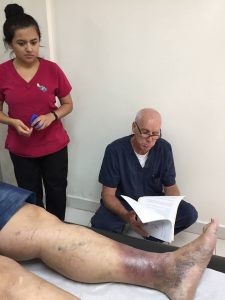
Treating patients in Nicaragua. The patient’s brown, hard skin is due to venous disease and will probably turn into an ulcer is not treated.
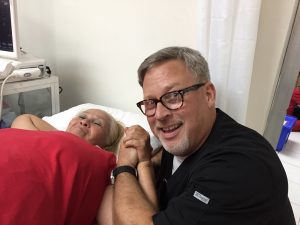
Tony is the best hand-holder in the world.
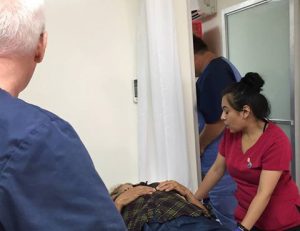
Eunice finding out our patient has 14 children.
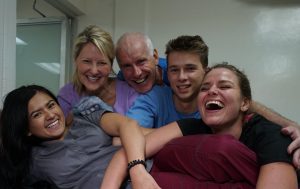
Our whole Vein Specialists of Monterey team in Nicaragua
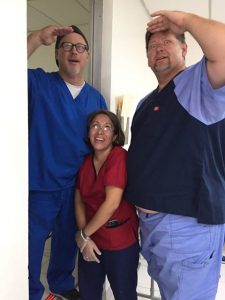
This is the most awesome Nicaragua woman doctor. Dr. Ruth is small but she is mighty.
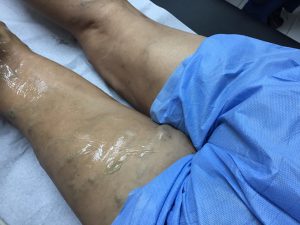
This particular patient rode one hour on horse and six hours on buses to get to us.
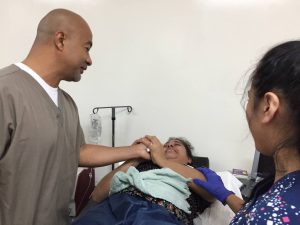
This patient was crying because she had been so scared, and now that it was all over she is telling Dr. Freddy how grateful she is. We’re not crying, you’re crying. We were all crying.
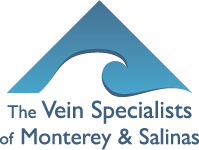
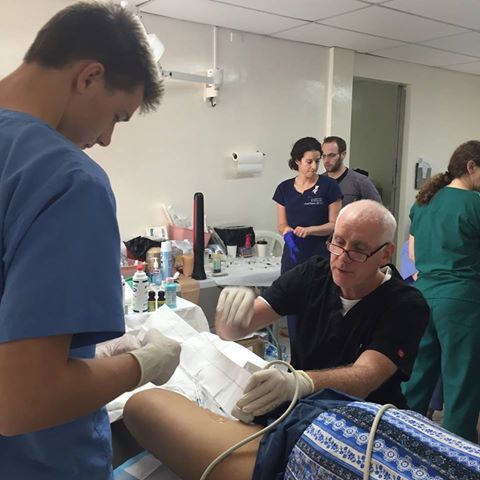
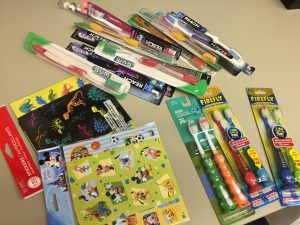 Our patients and people in the community have been dropping off donations for us to take to the kids in Nicaragua. There are some really good and nice people out there in the world! It warms the heart.
Our patients and people in the community have been dropping off donations for us to take to the kids in Nicaragua. There are some really good and nice people out there in the world! It warms the heart.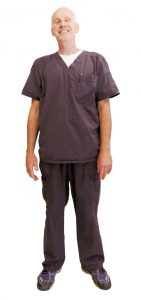
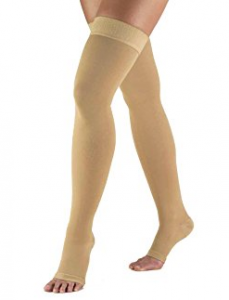
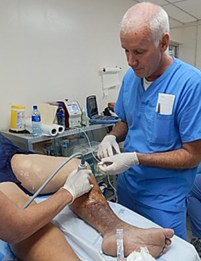 a common problem among laborers who stand on their feet all day. This type of venous disease also occurs frequently among women who’ve had multiple births. Over years, the untreated veins in their lower legs bulge from unrelieved pressure — sometimes creating hard dark skin and leg ulcers, which are wounds that do not heal.
a common problem among laborers who stand on their feet all day. This type of venous disease also occurs frequently among women who’ve had multiple births. Over years, the untreated veins in their lower legs bulge from unrelieved pressure — sometimes creating hard dark skin and leg ulcers, which are wounds that do not heal.